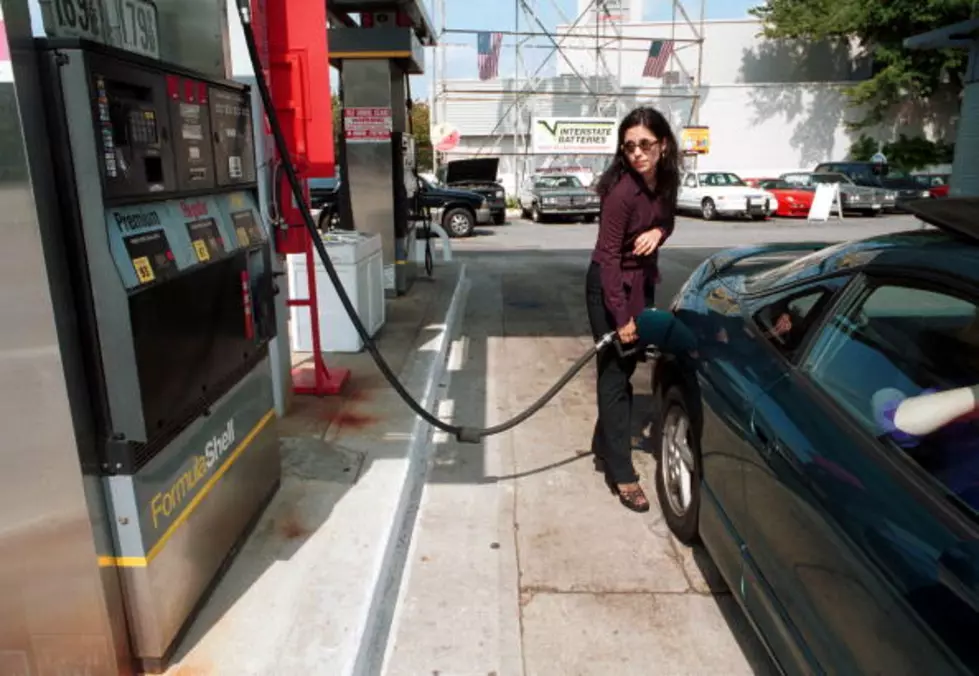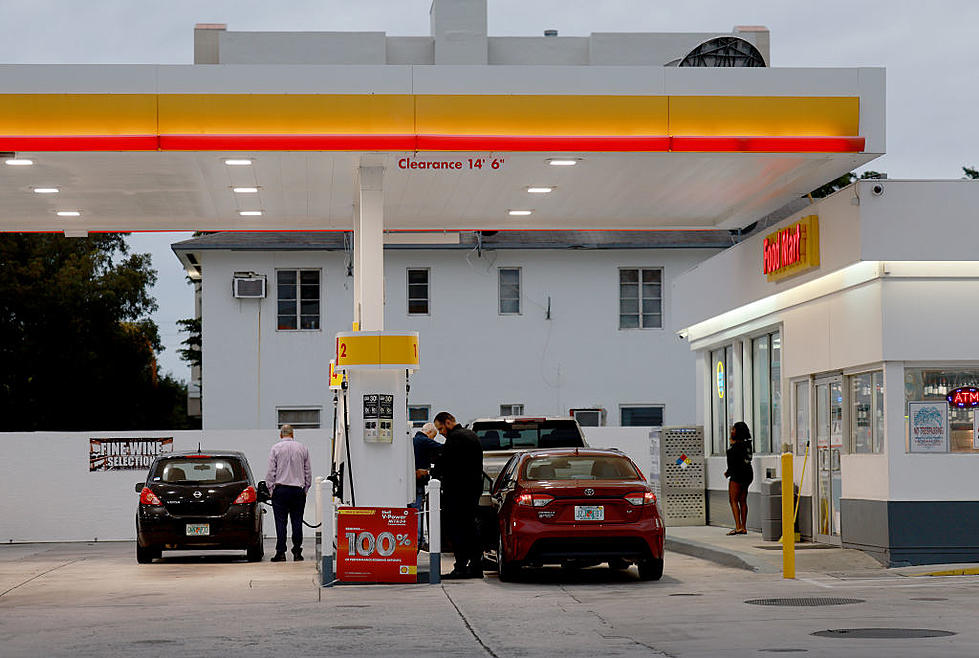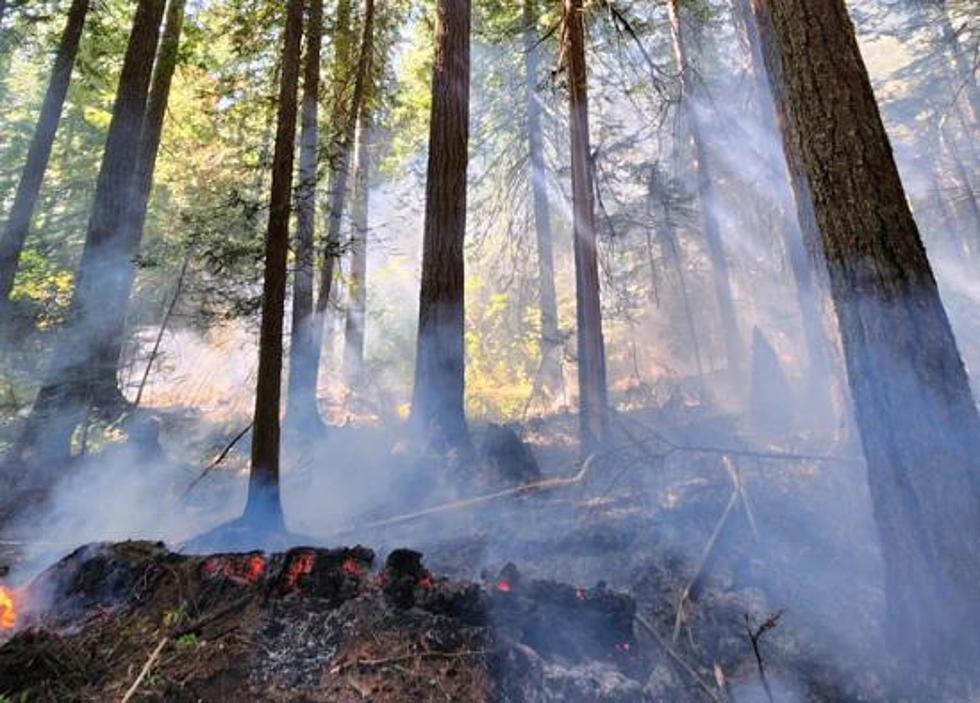
Just What Is I-1631 Anyway? “Fee” on Carbon Emissions?
Critics and opponents say it's literally like playing political 'whack-a-mole.' They're referring to efforts to place a carbon tax (or fee as supporters call it) on Washington state business, factories and 'polluters.' According to these critics, it just keeps popping up year after year after year.
Two years ago, voters rejected, by a nearly a 60% no vote, Initiative 732. It would have taxed carbon emissions across the state. Now another similar plan is back this November, I-1632. The plan surfaced after Gov. Inslee's attempt to place a carbon tax failed in the State Legislature during the last legislative session.
I-1632 would start in 2020 with a 'fee' (tax) of $15 per ton of carbon emitted by producers, businesses, factories-anyone who produces products, goods or services. However, it's not being called a tax for a very important reason. If it's officially a tax, then it has to go through certain legal state-controlled channels as for the revenue.
But if it's a fee, then the money can be funneled into a 'fund' that will reportedly be used to pay for anti-pollution or green programs. Some of the money would reportedly be given to portions of the state population who 'stand to lose the most from global warming.' Some of the money would go into a fund for "investment into communities."
Critics say that's thinly-disguised redistribution of wealth.
What's also interesting is that at least ten of the state's top 'polluters' (companies who allegedly discharge the most carbon) are exempt from the fee. That would include the Aerospace industry (Boeing) as well as steel and aluminum makers, pulp and paper makers and some chemical manufacturers. While opponents don't favor the plan at all, they wonder why it exempts virtually every major industry except petroleum.
Oil, gas and natural gas producers and refiners would not be exempted. According to the No on 1631 Campaign, it's estimated the 'fee' would result in price hikes of at least $.14 cents per gallon at the pump for consumers after the first year, as well as higher home heating and energy costs.
The carbon fees would not be directly on consumers and citizens, but would affect the products they use and need: natural gas, heating oil and gas, and other goods and services. Price hikes due to the carbon fee would be passed onto consumers. Some opponents of the initiative say it could cost most families several hundred dollars a year or more.
Critics also say there's little oversight as to who will control the estimated $2.3 billion dollars it would bring in over the first few years. The Initiative does not spell out specifics as to what group or entities will control the money, or concrete details on how and where it will be spent. Only vague generalities.
The Puget Sound Business Journal, and op-ed piece in the Everett Herald and other publications oppose the plan. It will be on the ballot this November.
More From 870 AM KFLD









